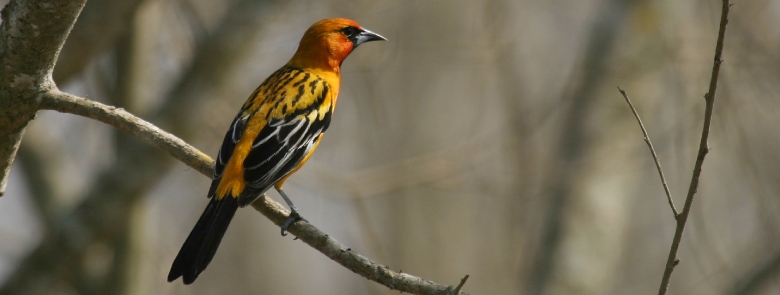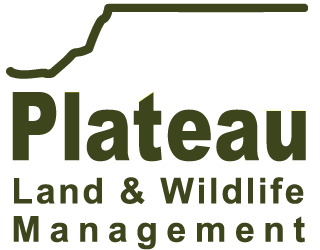Is this a good activity?

Supplemental Food: One of our most recommended Wildlife Management Activities
by PLW Staff
In the realm of wildlife management, there’s an activity that is recommended most to landowners: supplemental food. While it may seem like a simple thought, providing additional food for wildlife on your property can have significant benefits, particularly when it comes to maintaining your wildlife management tax valuation. Follow along as we give you a little food for thought as to why supplemental food is not just a good deed for the animals but also a straightforward activity to check off on your list for landowners.
Supplemental feeding can improve habitat quality by ensuring that wildlife populations have access to sufficient nutrition throughout the year, especially during times when natural food sources may be scarce. By providing supplemental food, landowners can support the health and well-being of wildlife, which in turn contributes to a thriving ecosystem on your property.
Supplemental feeding can help sustain populations during harsh environmental conditions, such as droughts or severe winters, when food availability is limited. Additionally, managed supplemental feeding can aid in population management efforts by concentrating animals in specific areas, making it easier for landowners to monitor and manage wildlife populations (set up your game camera here and count census as one of your recommended activities, a two for one deal!)
This activity is a way to attract a diverse array of wildlife species to your property, ranging from game animals like deer and turkey to non-game species such as songbirds and small mammals. By providing food for various wildlife species, landowners contribute to the conservation of the Texas environment, which is a fundamental aspect of effective wildlife management.
Engaging in supplemental feeding demonstrates a landowner’s commitment to responsible stewardship and proactive land management practices. By investing time, resources, and effort into providing supplemental food for wildlife, landowners showcase their dedication to enhancing wildlife habitat and promoting conservation on their properties. This commitment to sustainable land management is often recognized and rewarded through wildlife management tax valuation programs, which incentivize landowners to actively participate in conservation efforts.
In conclusion, supplemental feeding is not only beneficial for wildlife but also favorable for landowners seeking to maintain their wildlife management tax valuation. By enhancing habitat quality, promoting wildlife health, demonstrating stewardship, supplemental feeding plays a crucial role in sustainable land management practices. As stewards of the land, it is our responsibility to ensure that wildlife populations thrive, and supplemental feeding is a tangible way to fulfill that obligation while reaping the rewards of tax incentives and conservation benefits.
If you have questions or would like more information about appropriate Wildlife Management activities for your property, please contact us at (512) 894-3479 or plateau@plateauwil1dev.wpenginepowered.com.
Follow along on our social media @plateauwildlife for more tips and activity reminders to help you succeed this year.







Sorry, the comment form is closed at this time.